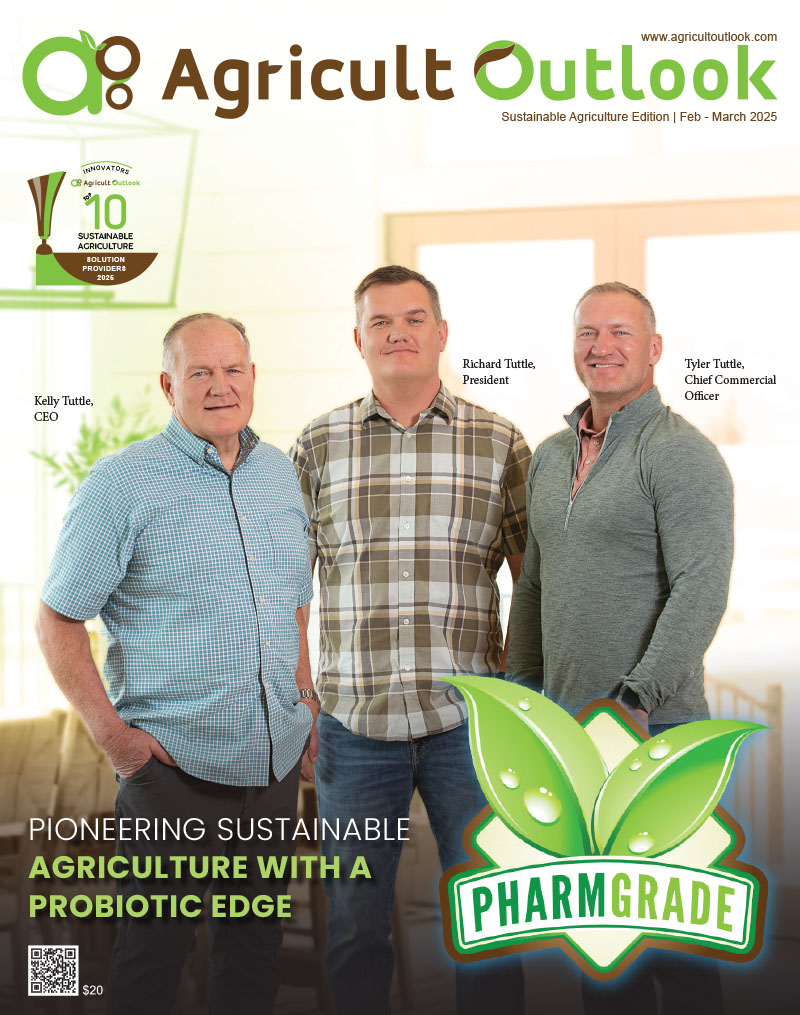Solugen, a rapidly scaling climate technology company revolutionizing everyday chemicals, has officially broke ground on its brand-new state-of-the-art biomanufacturing facility, which happens to be located in Marshall, Minnesota. Conceived in a strategic partnership with ADM, a global leader in sustainably sourced solutions from nature, the stated facility is meant to improve on domestic biomanufacturing capabilities, and at the same time, address the wider demand for sustainable solutions. Talk about how will it achieve that on a more actionable note, the facility, named as Bioforge™ Marshall, will bank upon a space of more than 500,000-square-foot. Built next to ADM’s existing corn processing complex, Bioforge Marshall will utilize ADM-sourced dextrose to manufacture low-carbon organic acids for applications in water treatment, agriculture, energy, and home and personal care. Furthermore, it will pack together three modular trains, or production lines, to establish a total production capacity of up to 120 kilotonnes per annum (KTA). Aside from its production prowess, we must also mention how the facility will employ up to 100 temporary workers during construction, and once the plant is ready, it will create more than 50 high-skill manufacturing job.
“We are excited to be taking the next step in our partnership with Solugen and to help meet the increasing demand for sustainable products,” said Chris Cuddy, Senior Vice President, President of Carbohydrate Solutions business unit at ADM. “Sustainability is core to ADM’s purpose and one of the enduring global trends powering our strategic growth. Our partnership with Solugen offers another avenue in which ADM can diversify the products made from our corn stream and continue to support plant-based solutions for use in a wide variety of consumer and industrial products.”
More on the sustainability aspect talks to a pioneering process employed by Solugen’s Bioforge™ Marshall plant. This process will help the facility avoid emissions of up to 18 million kilograms of carbon dioxide (CO2) per year, in comparison to the base case of similar petrochemical and fermentation-based products. Expanding upon the role of dextrose, though, the component will serve here as the primary feedstock. Markedly enough, at full production, Solugen’s new plant will convert 150 million pounds of the same. Another detail worth a mention is concerned with two dextrose pipelines that will connect directly to the adjacent ADM plant, and therefore, enhance production, while simultaneously bringing down the cost and emissions associated with transport.
“As a community deeply rooted in agriculture and innovation, we warmly welcome Solugen to Marshall,” said Bob Byrnes, Mayor of City Marshall. “We appreciate Solugen’s commitment to sustainable development, job creation, and diversifying our industrial base. ADM’s continued investment in Marshall has made opportunities like this possible. We look forward to strengthening these partnerships and advancing our mission of economic vitality and community well-being.”
To expedite the project, Solugen has already started collaborating with local educational institutions and workforce development groups, including Marshall Public Schools, Minnesota West Community and Technical College, Southwest Minnesota State University (SMSU), Southwest Minnesota Private Industry Council, and Marshall Chamber of Commerce. Alongside these collaborations, the facility will be supported by financial incentives worth around $760,000, incentives that are awarded to it by the Minnesota Department of Employment and Economic Development’s Job Creation Fund (JCF).
“DEED is proud to support the advancement of sustainable biomanufacturing in Minnesota through our investment in Solugen’s expansion to Marshall,” said Matt Varilek, Commissioner at Minnesota Department of Employment and Economic Development. “This transformative project not only creates quality jobs but also builds upon our state’s rich legacy of innovation.”







